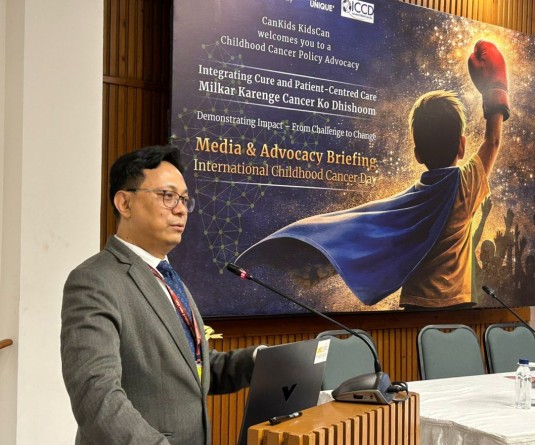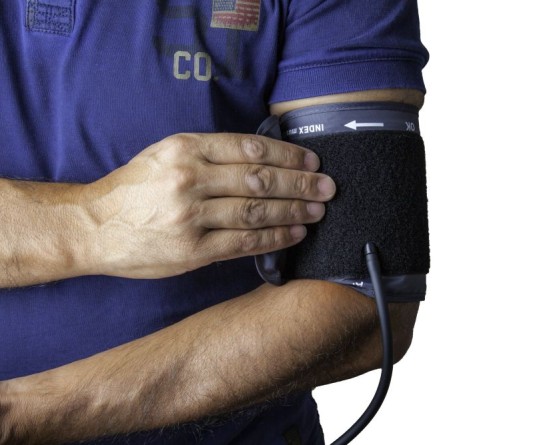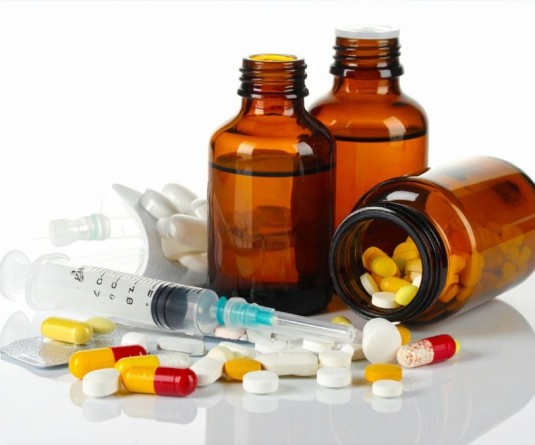
Issued for public information by National Vector Borne Disease Control Programme (NVBDCP) Directorate of Health and Family Welfare
WHAT IS DENGUE?
• Dengue is a viral disease.
• Dengue is transmitted by the bite of Aedes mosquito.
• The mosquito bites in day time.
• Man develops the disease after 5-6 days of being bitten by an infective mosquito.
• Dengue occurs in two forms :- Dengue Fever (DF) & Dengue Haemorrhagic Fever (DHF)
SIGNS & SYMPTOMS OF DENGUE FEVER:
• Sudden onset of high fever.
• Severe headache.
• Pain behind the eyes which worsens with eye movement.
• Muscle & joint pains.
• Loss of sense of taste & appetite.
• Measles like rash over the chest & upper limbs.
AGE GROUP & SEX AFFECTED:
• All age groups & both sex are affected.
• Deaths occur more in children.
TRANSMISSION FROM ONE PERSON TO ANOTHER:
• Dengue fever is caused by the bite of Aedes mosquito.
• When the mosquito bites a person with Dengue fever, it picks up the germs of the disease along with the blood.
• This germ known as dengue virus develops within the mosquito in a few days.
• When this mosquito again bites a healthy person, it introduces the germs into the blood.
• After a few days the person becomes sick with high fever and other symptoms of dengue.
BREEDING PLACES: • Aedes mosquito breed in any type of manmade containers or water storage containers even having small quality of water like desert coolers, water storage containers, tyres, overhead tanks, drums, jar, buckets, flower vases, plant saucers, tanks, bottles, tin, roof gutters, refrigerator drip pans, cement blocks, cemetery urns, bamboo stumps, tree holes and many more places where rain water collects or is stored.
• Eggs of mosquito can live without water for more than 1year.
PREVENTIVE & CONTROL MEASURES:
• All water storage containers should be covered.
• Remove/ destroy all disposable, unused materials lying in and around the house, like old tyres, broken pots, crockery etc.
• Dry all water storage utensils, water coolers, flower vases, water vessels for birds and animals, fridge trays at least once a week before re-filling.
• Fill up the ditches and other unwanted water collection sites around the houses.
• Put insecticides, petrol, k. oil, in coolers, containers etc once a week, which cannot be emptied or cleaned.
• Introduce Larvivorous fish in stagnant water bodies, contact Asstt. Director UMS Dimapur.
PERSONAL PROTECTION MEASURES: • Wear clothes that covers the whole body in day time.
• Use appropriate wire mesh in doors and windows of the house.
• Ensure that at least pregnant women and children sleep under mosquito net during day time, preferably insecticide treated bed nets.
• Insecticide treated mosquito nets are more effective as they kill mosquitoes as well as other bugs and insects.
• Use mosquito repellent lotion, creams like good-knight, odomos etc.
CONTACT ADDRESS: • If there is any suspected case which matches the signs and symptoms described above, contact the nearest health unit or District Program Officer (National Vector Borne Disease Control Programme) of your respective district for collection and transportation of sample for testing. Facility for testing is available at District Hospital, Dimapur.






